T4K3.news
Bioethanol plants face closure
Two UK bioethanol plants will close after government rejects rescue funding despite tariff changes that favored US imports.
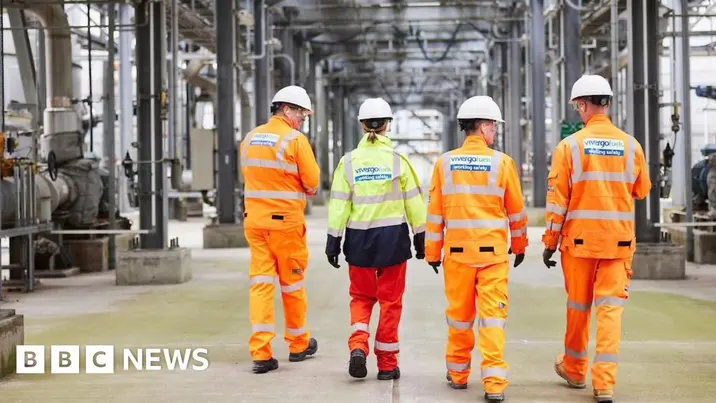
Hull and Redcar bioethanol plants will halt operations as government refuse a rescue package despite tariff changes that favored US ethanol.
Bioethanol redundancies to start next week after rescue ruled out
The government will not provide a rescue package for two UK bioethanol plants, meaning Vivergo Fuels in Hull and Ensus in Redcar will begin shutting down next week. The plants employ about 270 people, with redundancies starting on Tuesday, and the suppliers and wider supply chain could feel the impact for months to come. The changes follow a May trade pact that removed a 19 percent tariff on ethanol from the United States up to a quota of 1.4 billion litres, which the firms argue makes their operations commercially unviable.
Associated British Foods, owner of Vivergo, said it had proposed a plan to restore profitability and pressed the government to maintain a regulatory environment that supports regional clean energy capacity. The government said it had been in talks since June but judged the rescue not in the national interest. AB Foods argued that the decision would cost billions in potential growth for the Humber and push clean energy jobs overseas, while noting that similar regional plants in western Europe have remained profitable under the right rules. Ensus declined to comment at once. The closures could ripple through the regional economy far beyond the 270 workers directly employed by the plants.
Key Takeaways
"In making this decision, the government has thrown away billions in potential growth in the Humber, a sovereign capability in clean fuels that had the chance to lead the world."
AB Foods on the government decision
"This plant should always have been profitable under the right regulatory environment, as similar plants in western Europe demonstrate."
AB Foods on plant viability with proper rules
"Jobs in clean energy would now move overseas."
Impact on employment and regional economy
This case highlights the tension between free trade and industrial policy. By allowing tariff-free US ethanol, the deal aimed to broaden market access but squeezed domestic producers that argue regulation could keep them competitive. The Humber region faces a setback in its bid to build a local, scalable clean fuels sector, raising questions about how policy will balance market rules with regional job protection and energy security. The decision may shape future debates on subsidies for green industries and how quickly policymakers respond to changing global trade dynamics.
Highlights
- In making this decision the government has thrown away billions in potential growth in the Humber
- This plant should always have been profitable under the right regulatory environment
- Jobs in clean energy would now move overseas
Political and budget risk over energy subsidies
The decision to deny a rescue package for two regional energy plants has political and budget implications and may draw investor and public scrutiny.
Policy choices now define the region’s clean energy future.
Enjoyed this? Let your friends know!
Related News
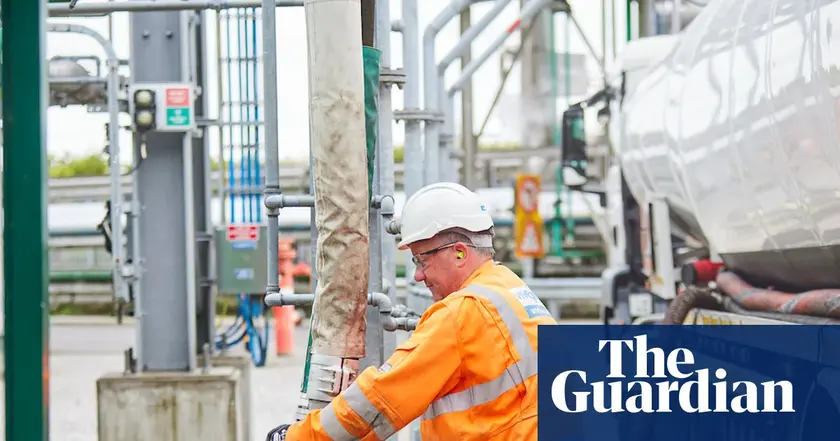
Vivergo closure signals shift in UK clean fuel policy

Bioethanol plant closure in Hull
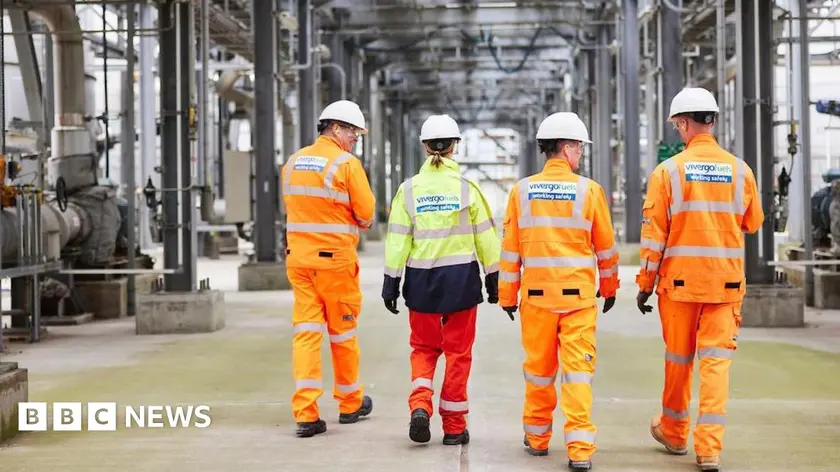
UK bioethanol plants face collapse

Vivergo Fuels at risk of closure due to trade deal
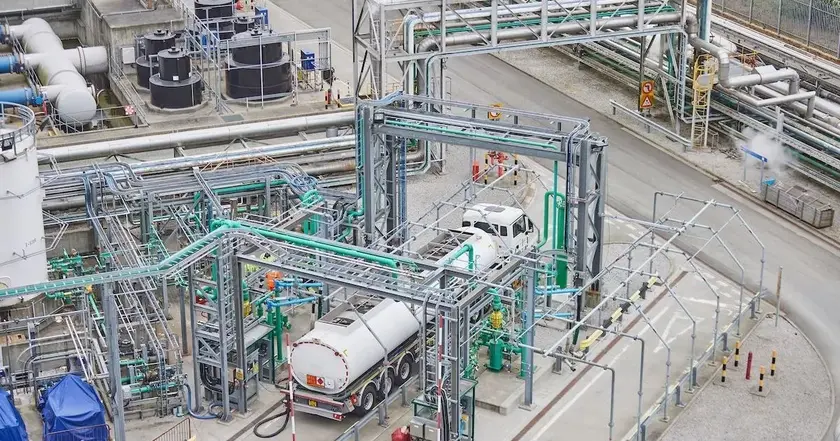
No rescue for Vivergo Fuels
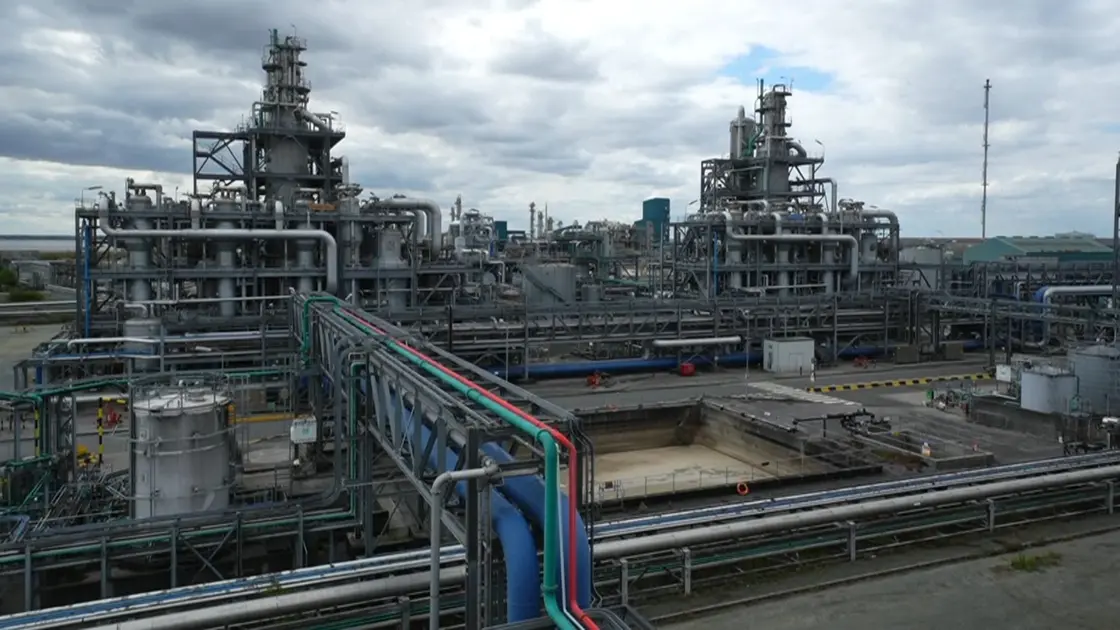
Hull bioethanol plant at risk
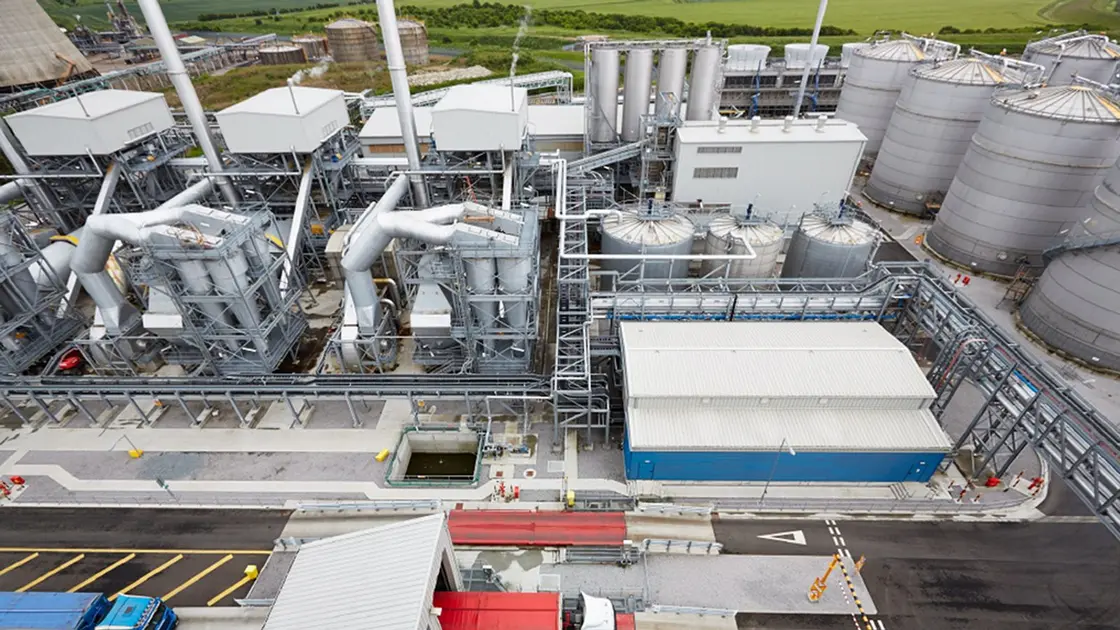
Bioethanol plant to close in Lincolnshire
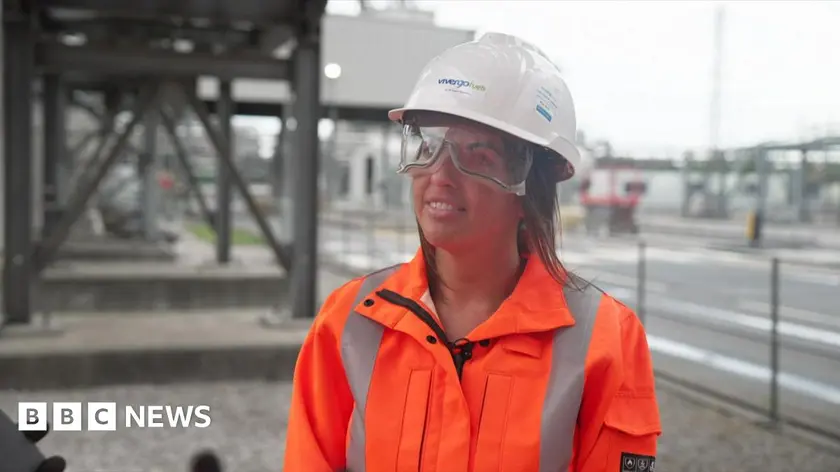
Vivergo Fuels plant goes into crisis mode after final wheat delivery
